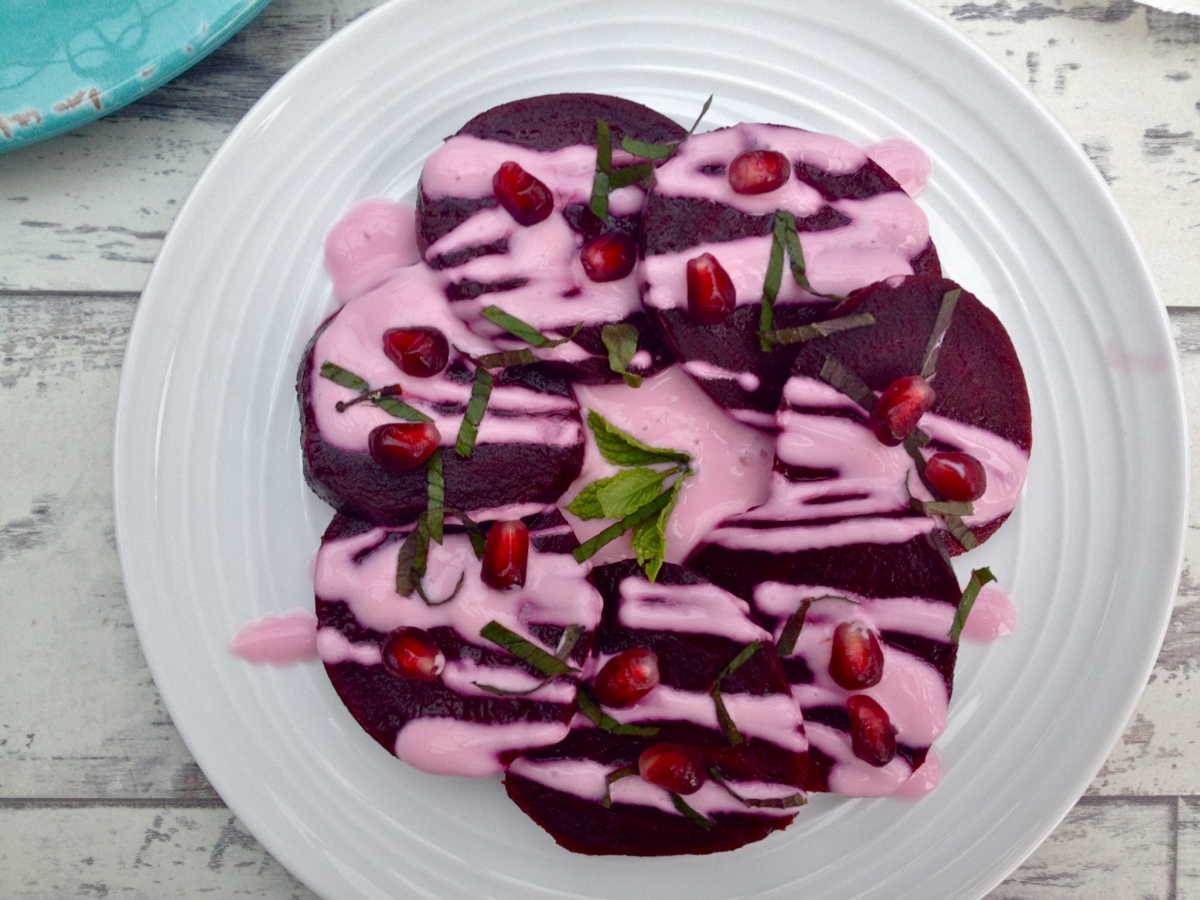- Hasnaa Hunafa
- Health & Nutrition
- Read Time: 1 min
- Hits: 858
In 2015, the Center for Disease Prevention (CDC) reported that around 93.3 million American adults suffered from obesity. This staggering number is expected to rise due to our affinity for unhealthy food and our lack of exercise. In response to this dilemma, an increasing number of Americans are beginning to transition towards a plant-based diet. Plant-based diets consist of foods derived primarily from plants, and omit animal proteins such as dairy and meat. Foods such as fruits, vegetables, nuts, grains, and legumes are staples to any plant based diet. Such diets have been attributed to weight loss, skincare benefits, and cancer prevention.
Diets dominated by animal protein are positively linked to high blood pressure, type 2 diabetes, weight gain, and heart disease to name a few. Comparatively, plant based foods contain higher levels of fiber and lower levels of cholesterol, saturated fat, and sodium. As a result, plant-based eaters typically display a lower body mass index (BMI) and an overall improved state of well-being. Through the intake of plant-based whole foods (foods that are unprocessed and unrefined), weight loss is achieved naturally and is more easily attainable. In comparison to fad diets and calorie restriction, plant-based diets allow individuals to lose weight in a safe and effective manner without going hungry. Therefore, when adopted as a consistent lifestyle choice, plant-based diets produce weight loss that is long-lasting and sustainable.
According to the American Academy of Dermatology (ADA), adult acne is increasing and affects up to 15 percent of women. While acne may be caused by a number of factors including hormones, genetics, and stress, many are noticing a correlation between breakouts and the overconsumption of animal products. Animals raised on factory farms are often injected with growth hormones in order to increase meat production. We ingest these hormones whenever we consume animal products such as meat, dairy, and eggs. Meat is acidic in nature and acidic foods contribute to inflammation, which in turn results in skin irritation. Dairy, on the other hand, is linked to the overproduction of sebum which causes oily skin, clogs pores, and contributes to the development of unsightly bumps and blemishes. Cutting out these foods often results in the alleviation of skin conditions such as eczema, rosacea, and chronic acne. Furthermore, through the introduction of fruits, vegetables, and nuts to one’s diet skin essential vitamins and nutrients such as vitamins C, E, A, and K, beta-carotene, zinc, omega-3 fatty acids, and antioxidants are able to work their wonders on dull, waxy, and irritated skin.
According to the American Cancer Society (ACS), there were an estimated 609,640 cancer-related deaths in the United States in 2018 and a devastating 1,735,350 cancer diagnoses. Cancer (aka malignancy) results from an abnormal growth of cells which destroy healthy body tissue. Many cancer sufferers seek alternative methods of cancer treatment, while many more seek to discover and implement preventative measures. One such measure may be taken through a drastic change in one’s diet and lifestyle. The American Institute for Cancer Research (AICR) recommends a plant-based diet (moderate amounts of meat and dairy are acceptable) as a preventative measure for cancer and as a lifestyle implementation to cancer survivors and current sufferers. Plant-based foods containing nutrients such as fiber, vitamins, minerals and phytochemicals have been linked to an increased chance for survival in cancer patients, while diets rich in saturated fats had the opposite effect.
While the benefits of plant-based diets are many, transitioning into a plant-based diet may be a daunting task for some. Fortunately, making the transition into a plant-based diet can be simple and easy with a few helpful tips. Switching cow’s milk with almond milk, preparing more meals consistent of grains, vegetables, roots, and legumes, replacing luxuries such as yogurts, ice-cream, and coffee creamers with their non-dairy counterparts, taking a plant-based multivitamin, and understanding that plant-based eating needn’t require cutting out animal products entirely will help make the transition to plant-based eating smooth and stress-free.
References
Jing, Daisy. (2017). Meat, Dairy, Oil and Acne on Skin. Retrieved from
https://banish.com/blogs/article/meat-dairy-oil-and-acne-on-skin
Jones, Taylor. (2018). The 12 Best Foods for Healthy Skin.
Retrieved from https://www.healthline.com/nutrition/12-foods-for-healthy-skin#section3
McClees, Heather. (2015). 5 Amazing Health Benefits of Embracing a Plant-Based Diet.
Retrieved from http://www.onegreenplanet.org/natural-health/amazing-health-benefits-of-embracing-a-plant-based-diet/
Scott-Thomas, Caroline. (2014). Meat and Dairy-Rich Diets may Quadruple Cancer Death Risk.
Retrieved from https://www.foodnavigator.com/Article/2014/03/05/Animal-protein-
linked-to-increased-cancer-risk










